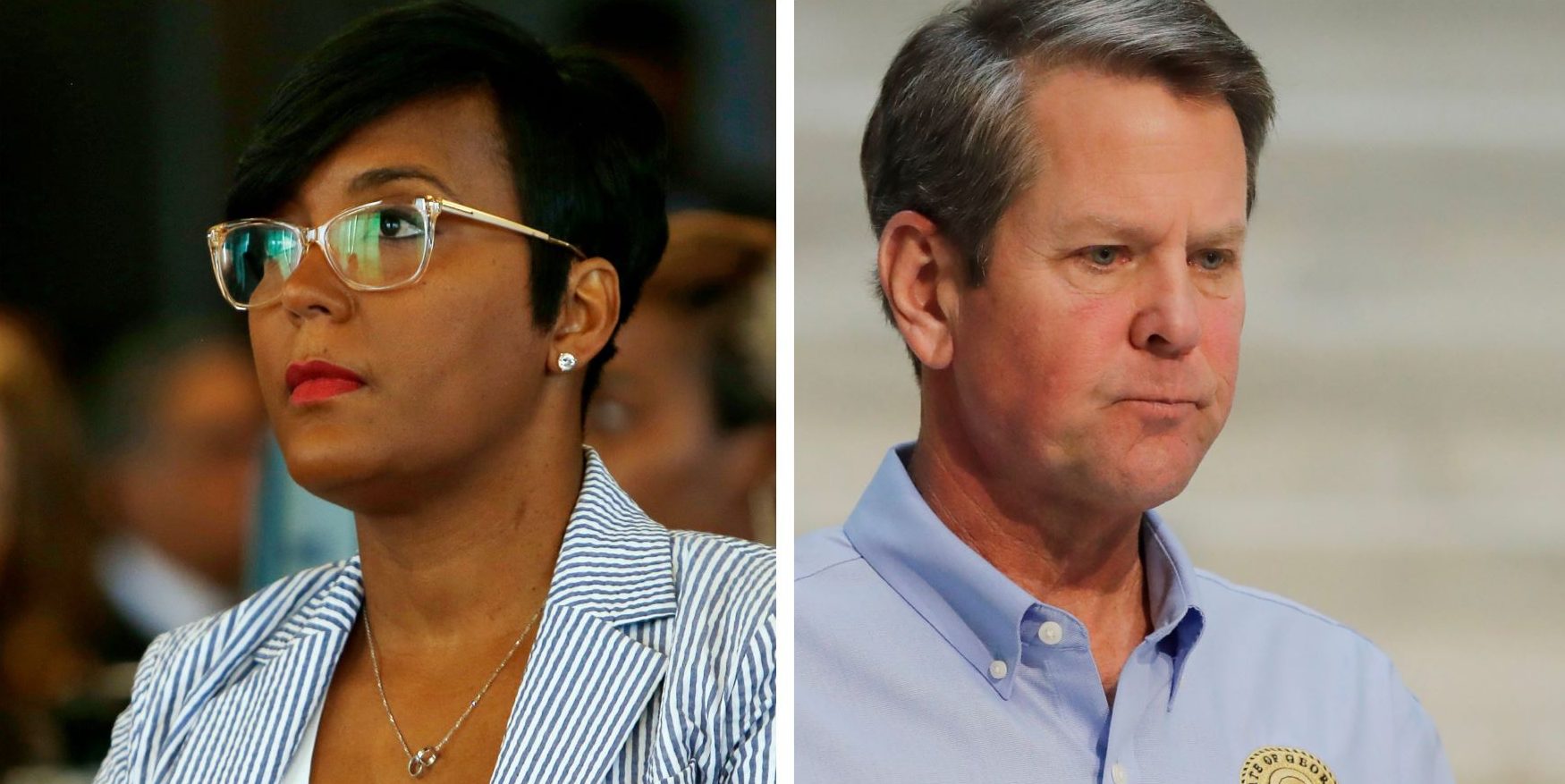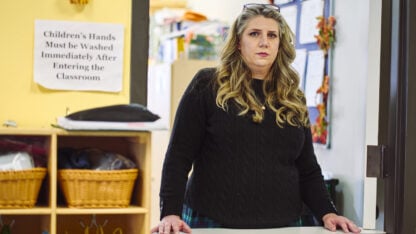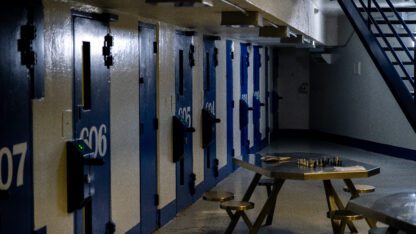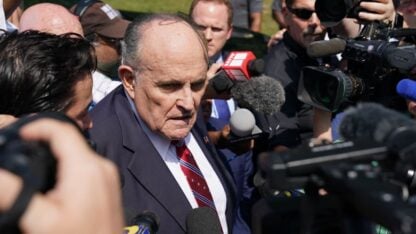The judge overseeing a dispute between Georgia’s governor and the state’s capital over restrictions related to the COVID-19 pandemic has ordered the two sides to try to reach a settlement.
Atlanta is among more than a dozen local jurisdictions statewide that has ordered people to wear masks in many public places to prevent the virus’s spread. In a lawsuit filed last week against Atlanta Mayor Keisha Lance Bottoms and the members of the City Council, Gov. Brian Kemp argued that local leaders do not have the authority to impose measures that are more or less restrictive than those in his executive orders.
An order from Fulton County Superior Court Judge Jane Barwick filed Thursday instructs the two sides to attend mediation and to “make a good faith effort to resolve the issues involved in this case” before Tuesday, when a hearing in the case is scheduled.
Bottoms has said she and the governor spoke Wednesday and that she hoped they would be able to reach a resolution.
In an executive order last week, Kemp strongly encouraged people to wear face coverings to help stem the spread of the coronavirus, but he didn’t mandate the wearing of masks. The order also suspends any local laws or rules that are more restrictive than his order, including local rules or ordinances requiring people to wear masks.
Bottoms’ orders and statements to the press have created uncertainty and confusion, the lawsuit says.
The lawsuit filed July 16 asks a judge to overturn Bottoms’ orders that are more restrictive than Kemp’s, block her from issuing any more such orders, instruct the City Council not to ratify Bottoms’ actions or adopt any ordinances inconsistent with Kemp’s orders, to prohibit Bottoms from making public statements asserting she has authority that exceeds Kemp’s, and to require city officials to enforce “all provisions” of Kemp’s existing orders.
The governor filed a motion for emergency interlocutory injunction the following day, essentially asking the judge to order that all those requests take immediate effect while the lawsuit is pending. Tuesday’s hearing was to focus on arguments on that motion.
A hearing on that motion had been scheduled for this past Tuesday, but it was canceled after the judge assigned to the case recused herself at the state’s request because she had consulted with an appellate judge on an opinion she thought might be relevant. A second judge assigned to the case also recused herself because she had worked for Kemp when he was secretary of state and was being considered for appointments by the governor.
Barwick is the third judge assigned to the case. Her order says a hearing on the governor’s motion set for next Tuesday will remain on the calendar for now.
Georgia reported nearly 4,300 new confirmed cases of the coronavirus on Thursday alone, pushing the state’s total number of confirmed cases past 156,000, according to data from the state Department of Public Health. Experts say that many more people are likely infected but never tested. There were 3,157 people hospitalized with the virus in Georgia on Thursday, more than double the 1,570 people hospitalized on July 1.
Deaths have also been rising sharply. This week saw Georgia report the second- and third-highest death counts since the start of the pandemic, with 78 deaths reported Tuesday and 81 reported Wednesday. There were 25 additional deaths reported Thursday, bringing the state’s total death toll to at least 3,360.








